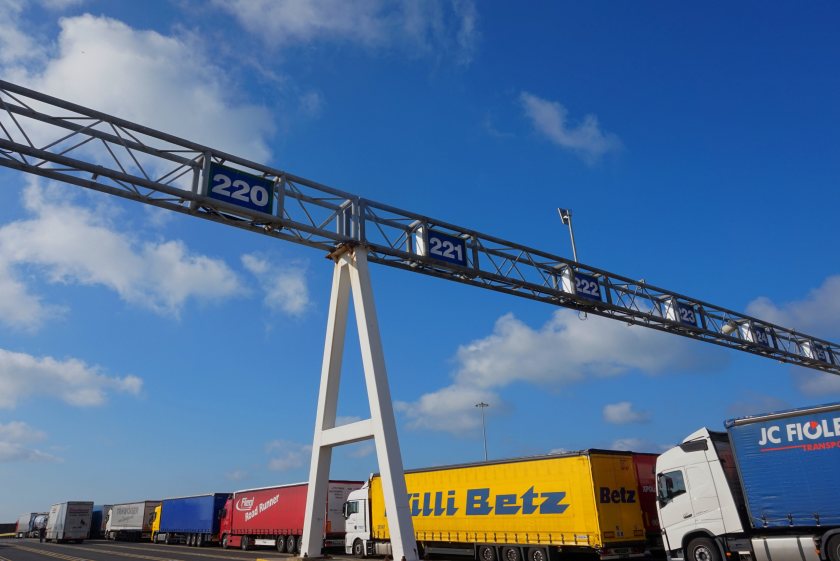Produce leaders call for compensation over post-Brexit infrastructure flop

Ports and fresh produce leaders are demanding government compensation for now-redundant post-Brexit border posts, calling them a costly blunder with lasting impact on the sector.
Industry figures have criticised the £320m combined public and private investment in Border Control Posts (BCPs), many of which may no longer be needed under the recently sealed UK-EU agreement on food and plant checks.
“Border Control Posts are the white elephants of Brexit,” said Richard Ballantyne, CEO of the British Ports Association, speaking on BBC Radio 4’s Farming Today.
“The total cost of BCPs was around £200 million from government and an additional £120 million from the industry itself in capital costs.”
Ongoing operational expenses are also mounting. “For larger BCPs it’s around £200,000 a year just to manage with energy, security, business rates etc.,” he added.
A prime example is the sprawling government facility at Sevington in Kent. “Who paid for that? The figure that was spent on that was getting on for half a billion of public sector funding,” said Mr Ballantyne.
“Much of this facility is now redundant, although we don’t know for sure that we don’t need the facility at all.”
He stressed that ports acted in line with government guidance: “The ports have invested in good faith under the direction of government, so we are now asking for compensation.
"They were built in haste and at great cost. We’re left with a really bitter taste in our mouths.”
The call for compensation is echoed by the fresh produce sector, where businesses fear that control points constructed at the government’s urging could soon become obsolete.
Nigel Jenney, chief executive of the Fresh Produce Consortium (FPC), warned of the financial hit to private companies if current negotiations with the EU result in reduced inspection requirements.
“Those facilities, assuming the agreement is reached, will become redundant,” said Mr Jenney.
“That is why, like others, we are calling for compensation from the government, because these businesses have spent hundreds of thousands, if not millions of pounds of their own money to build facilities under the encouragement of two successive governments that will become obsolete.”
While a UK-EU agreement to streamline sanitary and phytosanitary (SPS) checks is still under discussion, he warned that “we don’t have an agreement yet… the details have not been finalised.”
He acknowledged the potential benefits for trade in fresh produce and plants but noted the high cost already incurred.
“It should be positive for many businesses… however, there is a price for this, in terms of the costs that businesses have already incurred—including the control points.”
Mr Jenney also raised concerns about the implications of closer UK alignment with EU regulations for trade with non-EU countries.
“It would appear that we are going to adopt EU legislation, which could well impact on our trade with our ‘rest of world’ countries as well.”
He pointed to citrus imports as an example: “Right now, if we’re buying citrus from South Africa or Egypt… there are no border controls.
"Yet, if we adopt the EU regulations, many of them will be subject to 100% inspection, which means delays, costs and disruption to the whole industry.”
He concluded: “Surely this is about a discussion between the UK and the EU—it should not have the potential liability to impact trade with other countries… These goods… will be consumed in the UK. They will not be consumed in Europe.”
A government spokesperson commented: “Closing border control posts will depend on the final shape of the deal.”








